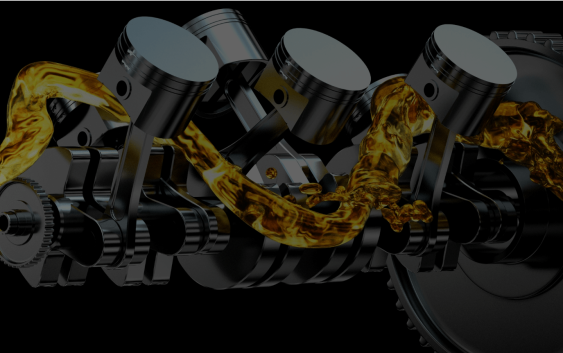How To Improve Fuel Efficiency With Viscosity Improver Oil Additives

Viscosity improver oil additives are essential for improving fuel efficiency and overall engine performance. These additives adjust the viscosity of engine oil, ensuring it flows smoothly and maintains optimal lubrication under various conditions. Here’s how viscosity improver oil additives can boost fuel efficiency and how to effectively use them.
Understanding viscosity and its impact:
Viscosity refers to the thickness or flow resistance of engine oil. The right viscosity ensures that the oil flows adequately through the engine, providing effective lubrication and protection. However, engine oils can become too thick in cold temperatures or too thin when hot, leading to inefficiencies. Viscosity improvers additives help maintain the oil’s optimal viscosity across a range of temperatures, improving engine performance and fuel efficiency.
Improved engine efficiency:
By stabilizing the oil’s viscosity, viscosity improver additives help the engine run more smoothly and efficiently. When oil maintains its optimal thickness, it reduces friction between moving parts, allowing the engine to operate with less resistance. This reduction in internal friction leads to lower energy consumption and improved fuel efficiency. Engines that run more smoothly require less power to operate, which translates into better fuel economy.
Improved cold starts performance:
Viscosity improver additives are particularly beneficial during cold starts. In colder temperatures, engine oil can become too thick, making it harder for the engine to turn over and increasing fuel consumption. Viscosity improvers help the oil flow more easily at low temperatures, reducing the strain on the engine during startup. This improved cold start performance improves fuel efficiency and also reduces engine wear.
Reduced oil consumption:
Engines with improperly formulated oil can experience higher oil consumption, which can lead to increased fuel usage as the engine compensates for the lack of lubrication. Viscosity improvers additives help maintain the oil’s consistency, reducing the likelihood of oil burning and consumption. By minimizing oil consumption, these additives help ensure that the engine operates efficiently, which can contribute to better fuel economy.
Improved protection against engine wear:
By providing consistent lubrication and reducing friction, viscosity improver additives protect engine components from wear and tear. Engines that are well-protected and run smoothly experience less internal resistance, which translates into more efficient fuel usage. This protection helps maintain the engine’s overall health and efficiency, further contributing to improved fuel economy over time.